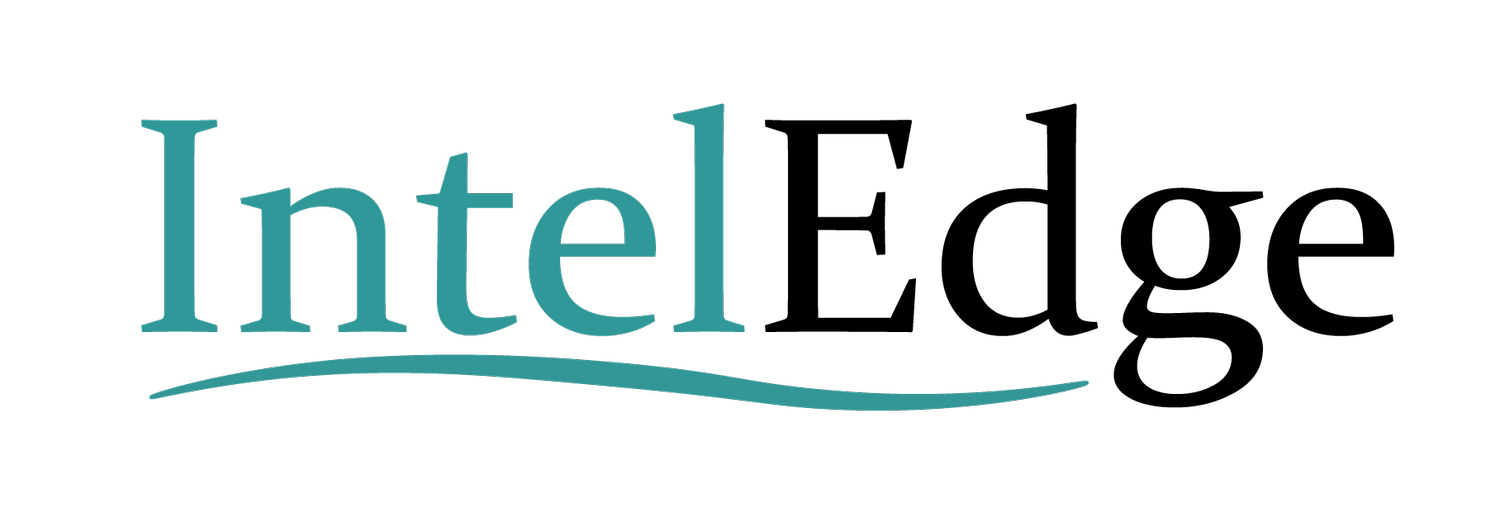Vetting Doesn’t Have To Be Difficult
Performing due diligence shouldn’t be expensive, slow, and shallow.
The Canadian news media is atwitter with news that yet another prominent government employee has been accused of being unsuitable for his position based on previous public appearances and comments, some of which were done under an alias.
From the National Post’s Kelly McParland:
“Dattani, who’s heralded as the first Muslim and “racialized” person to hold the job, previously served on human rights bodies in Alberta and the Yukon. His official appointment asserted he was arriving at “a pivotal time for the Canadian Human Rights Commission,” and brought “a wealth of both professional and personal lived experience to this role.”
Problems arose soon after. Jewish groups raised questions about tweets and appearances Dattani had made in the past, arguing they reflected antisemitic views. That set off a back-and-forth between Muslim groups and Jewish organizations, widening the sort of acidic divide human rights organizations are meant to narrow.
Justice Minister Arif Virani’s office initially said it was unaware of the posts, which it claimed Dattani hadn’t disclosed. Later it admitted he had in fact disclosed the information, leaving it unclear who knew what and why no action had been taken. Only now is a “formal, independent review” underway.”
The obvious question is: how did this not come up during a basic background check? Were any background checks done at all or do we reserve those only for matters of high security? Or, even more disturbingly, do those high security positions receive the same underwhelming due diligence?
Background checks do not have to be expensive, slow, and bereft of insights. Technology has advanced to the point that we are not at the mercy of organisations running software designed for MS-DOS repackaged and sold to governments and businesses at exorbitant prices because “no one ever got fired for buying IBM” (no insult intended to IBM, by the way, they do great things and make some incredible products and services).
At IntelEdge we routinely do background checks that are able to find and cross-reference anything anyone has ever said, whether it’s posts under the real name or discovering that they use multiple aliases and nicknames spread out across the world. We can find and analyse photographs of them. We are able to discern video and audio. This is all something we can do and are requested to do regularly.
Furthermore, our capability to acquire data in over forty languages and access otherwise closed groups and forums including websites that have gone dark or offline, allows our researchers to discover information that would normally go missing either due to an inability to understand it or be able to find it in the first place.
So why isn’t this level of vetting standard practice for governments who are happy to provide public servants with salaries between three to four hundred thousand dollars a year? Not only would this due diligence save you political embarrassment from hiring someone that ends up being unsuitable for the position, but it also saves time and money by not wasting resources either on bad intelligence gathering but on interviewing, human resources, and countless bureaucratic headaches surrounding hiring.
We can and should do better when it comes vetting, but it all starts with choosing and using the right services to get the job done properly and not just defaulting to the cheapest or pre-established method because “that’s how it’s always been done”. IntelEdge is ready to show you how it’s done.

